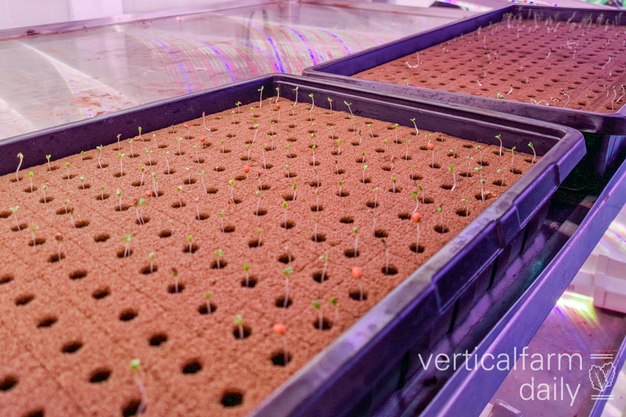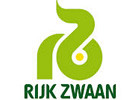The International Seed Federation (ISF) is celebrating its 100th anniversary in the country where the (vegetable) seed sector started to flourish: the Netherlands. Seeds play a crucial role at the start of the food value chain, providing a wealth of knowledge and power. High-quality seeds, when carefully cultivated, lead to robust crops that are resilient to climate change and plant diseases, benefiting farmers, growers, and consumers alike. Plantum, the Dutch industry association, is looking forward to welcoming delegates from around the world to the World Seed Congress in Rotterdam from 27-29 May.
For the past century, the International Seed Federation (ISF) has stood as a beacon of collaboration and innovation, working to ensure that farmers everywhere have access to the high-quality seeds they need to feed the world. ISF represents not only thousands of seed companies but also hundreds of thousands of people working in fields, labs, institutions, and beyond. They are all contributing to the development of high-yielding, nutritious, and climate-resilient crops that empower farmers and nourish communities worldwide.

Food security: Seeds at the start of the food chain
Just as nutritious food is a fundamental need for people, so too are high-quality seeds and starting materials for farmers and growers in order to achieve healthy plants and better harvests. Food security originates at the source: seeds. Hence, companies in the seed sector allocate approximately 30% of their revenue to research and development (R&D) to breed and develop varieties for the future.
Navigating into the next century
The roots of Dutch entrepreneurship in vegetable seeds and flower bulbs can be traced back to the 18th century. Dutch seeds gained rapid popularity in Europe and North America, owing to a unique mix of expertise in plant sciences and collaboration between public and private sectors. This synergistic 'golden triangle' approach involves governments, universities, and the seed sector working in partnership. Nowadays, the export of plant reproductive materials is valued at over €5 billion (based on 2023 figures) and provides more than 14,000 rewarding jobs in the Netherlands.
World Seed Congress in the Netherlands
From 27 to 29 May, Rotterdam is hosting the World Seed Congress. Approximately 2,000 participants from the global seed sector are coming together at the city's Ahoy venue. The event features an opening ceremony on Monday 27 May, graced by His Majesty King Willem-Alexander.
During the congress, specialists from more than 400 companies across 65 countries will exchange ideas on international developments, including food security, quality, sustainable agriculture, and a healthy environment. In parallel, the exhibition showcases innovations, fosters collaboration, and introduces the seed sector to new generations. ISF and Plantum, as the national industry association, is looking forward to welcoming delegates from all over the world.
For more information:
Rijk Zwaan
Burgemeester Crezéelaan 40
2678 ZG, De Lier
www.rijkzwaan.com
